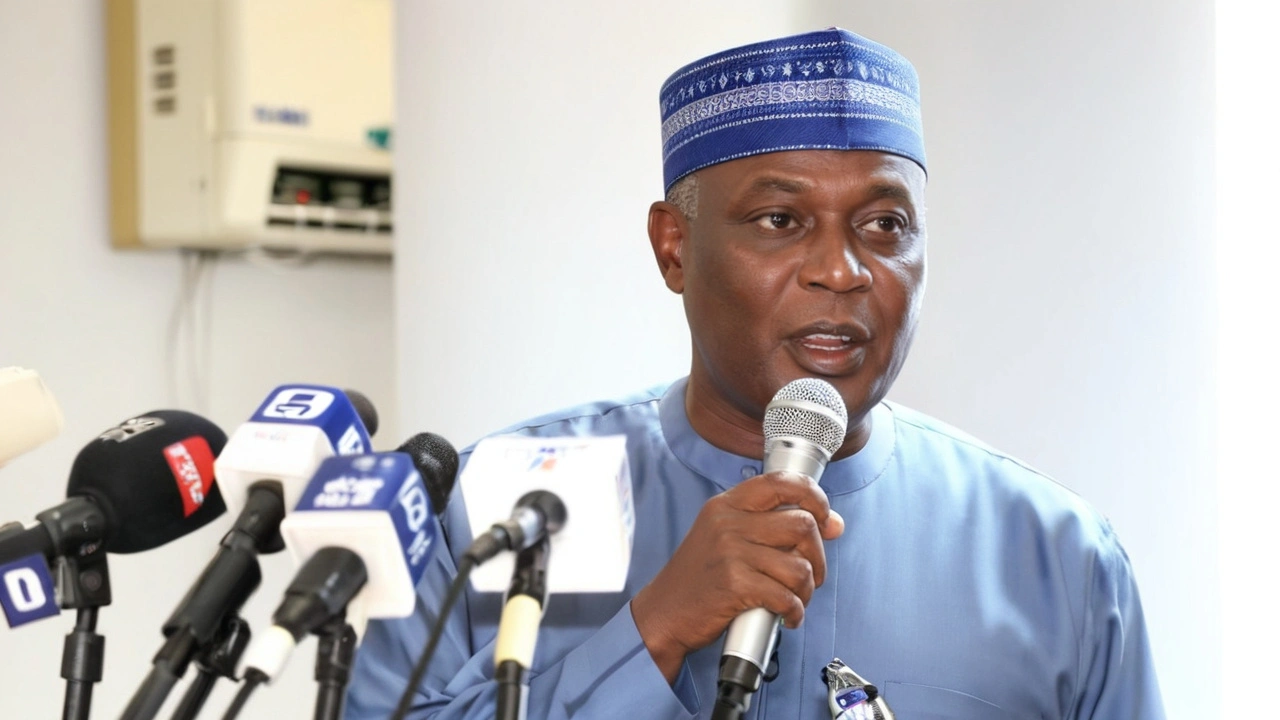Hunger Protests: What’s Happening Right Now?
If you’ve seen headlines about crowds gathering at government offices or blocking roads, chances are those rallies are about food. Across many African countries people are taking to the streets because they can’t get enough to eat. The anger is real and it’s growing fast, so understanding the why and what’s next matters for anyone following the news.
Why Hunger Protests Erupt
The main driver is simple – food prices are soaring while wages stay flat. When a staple like maize or rice costs more than families can afford, they feel forced to act. Add droughts, conflict‑driven displacement and weak supply chains, and you have a perfect storm that pushes people from frustration to protest.
Governments often get blamed for not acting fast enough. In some places the response is delayed aid or price caps that never reach the market. When officials appear out of touch, protesters see their demonstrations as the only way to be heard. Social media amplifies the message, turning local grievances into national headlines.
Another factor is inequality. Rural communities that rely on farming feel the impact of climate change first, yet urban politicians may focus on big‑city projects. The gap fuels resentment and makes hunger protests a flashpoint for broader calls for fairness and better governance.
What You Can Do or Follow
If you want to stay informed, follow reliable African news outlets and look for updates from NGOs that track food security. Many organizations publish daily situation reports that show where shortages are most severe. Signing up for alerts from these groups can give you real‑time data without sifting through unrelated stories.
Supporting humanitarian aid is another practical step. Even small donations to reputable charities help fund emergency food distributions and long‑term resilience programs. When you share verified information on social platforms, you also help push accurate narratives forward and reduce the spread of rumors that can inflame tensions.
Finally, keep an eye on policy changes. New subsidies, trade agreements or climate‑adaptation plans can shift the landscape quickly. Watching parliamentary debates or statements from ministries of agriculture will tell you whether governments are moving beyond rhetoric to real solutions.
Hunger protests are more than a headline – they’re a signal that basic needs aren’t being met. By understanding the causes and staying engaged with trustworthy sources, you can make sense of the unrest and maybe even help drive change.

Atiku Abubakar's Alarming Appeal to UN and ICC: Exposing Tinubu's Role in Nigerian Protester Deaths
In a shocking development, former Vice President Atiku Abubakar has taken the drastic step of reporting President Bola Tinubu to the United Nations and the International Criminal Court. This move comes in response to numerous protester deaths at the hands of security forces during ongoing hunger protests in Nigeria. The situation has escalated rapidly, drawing intense criticism from human rights organizations worldwide.




